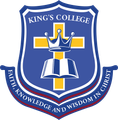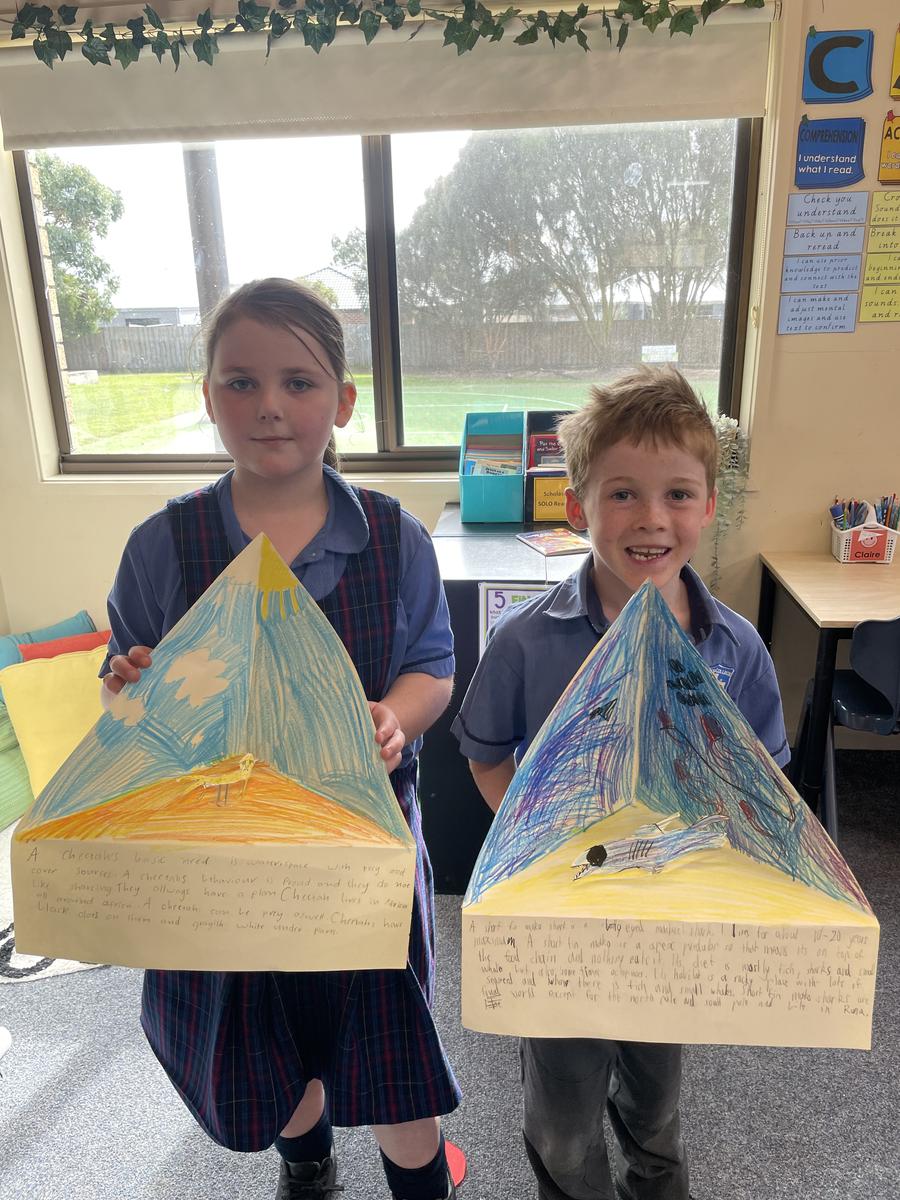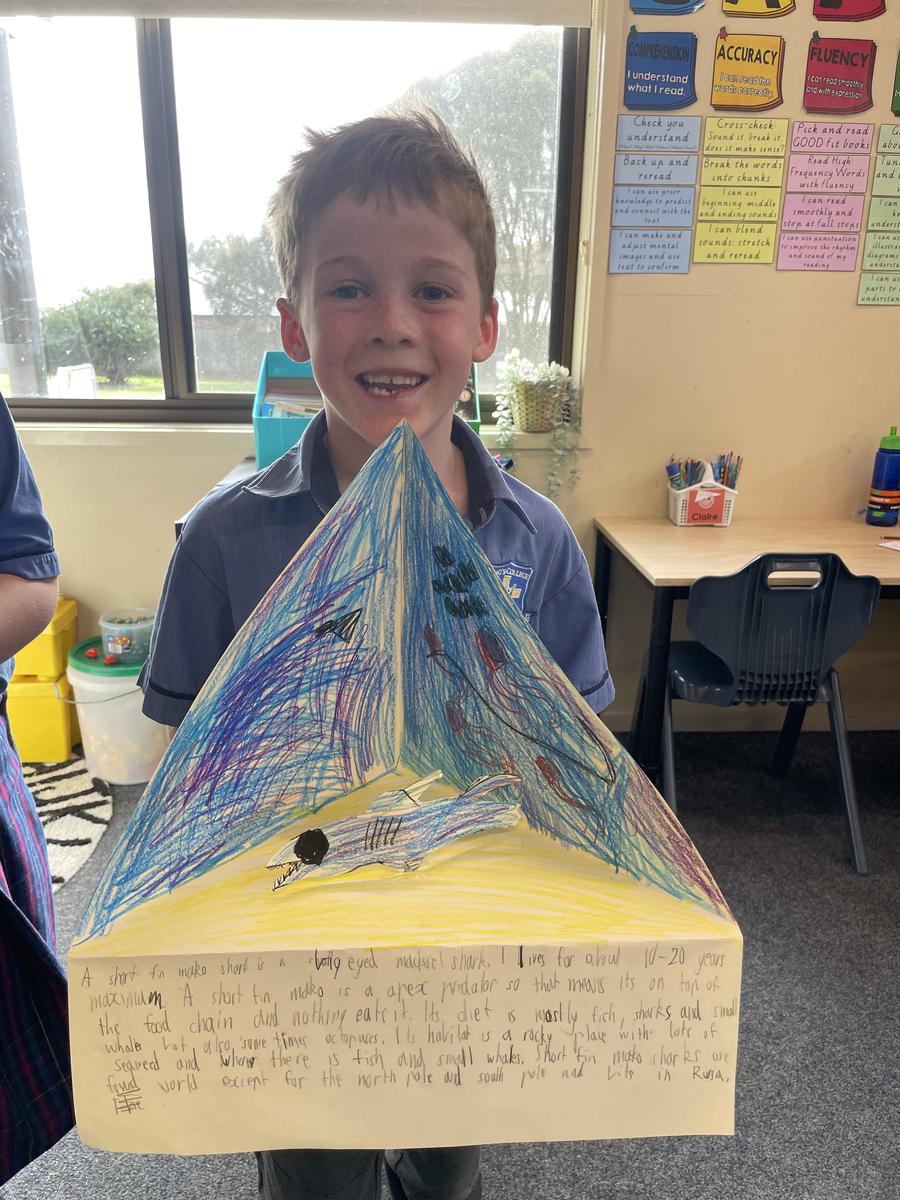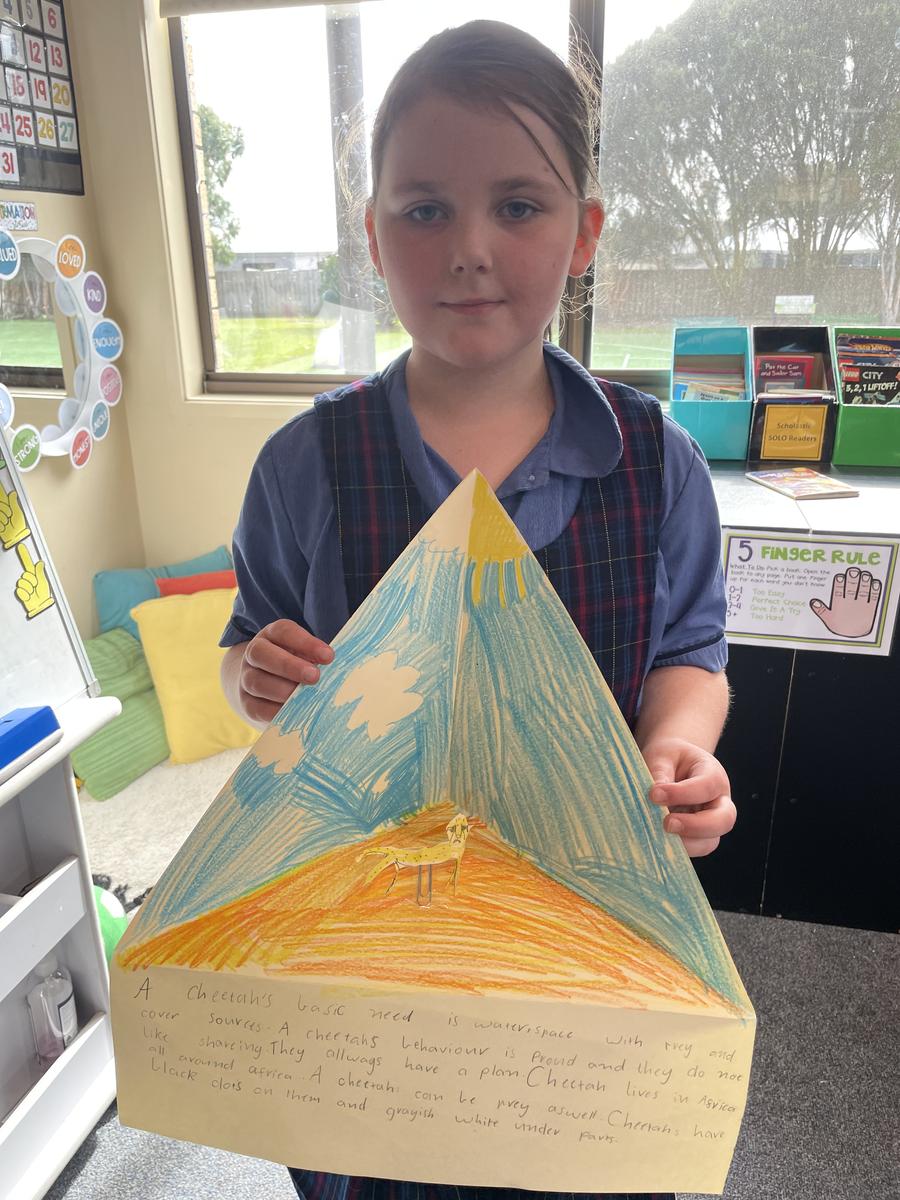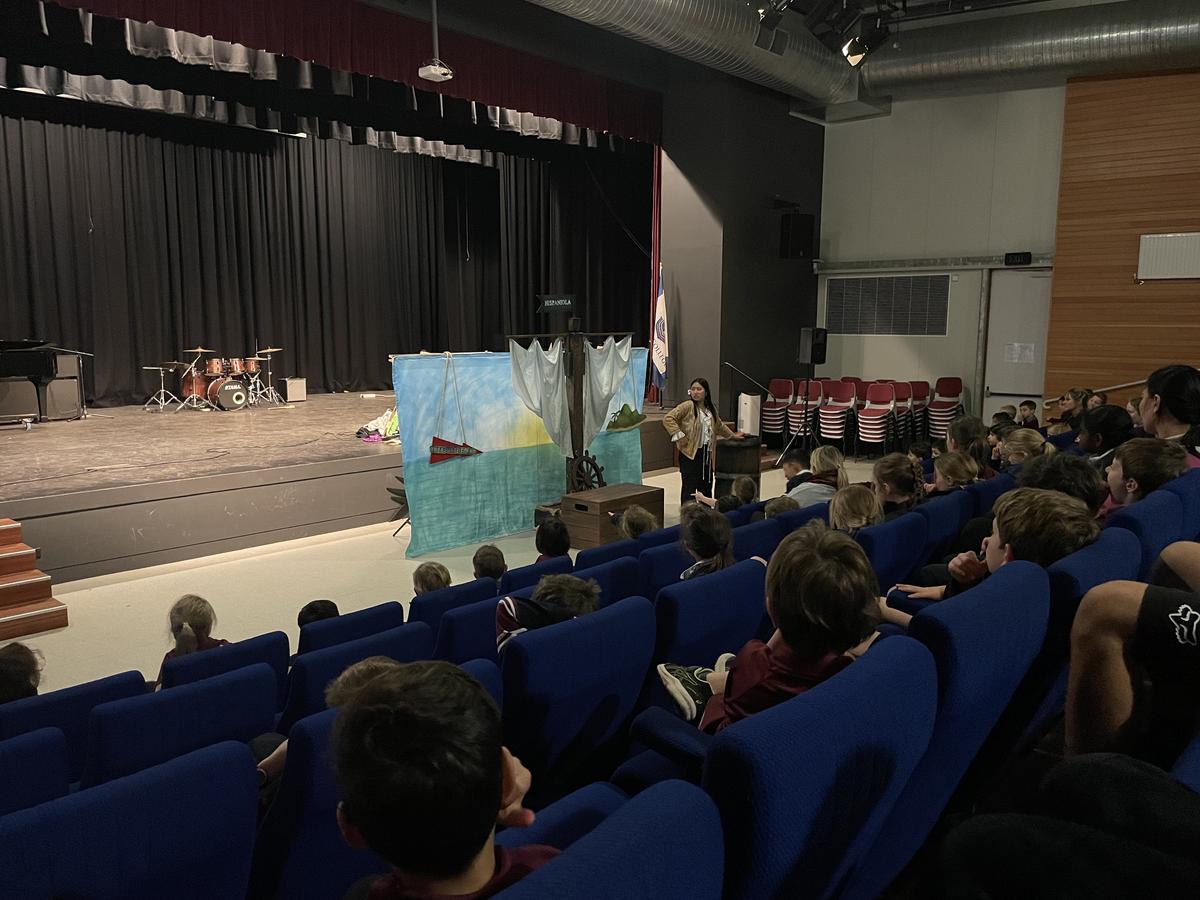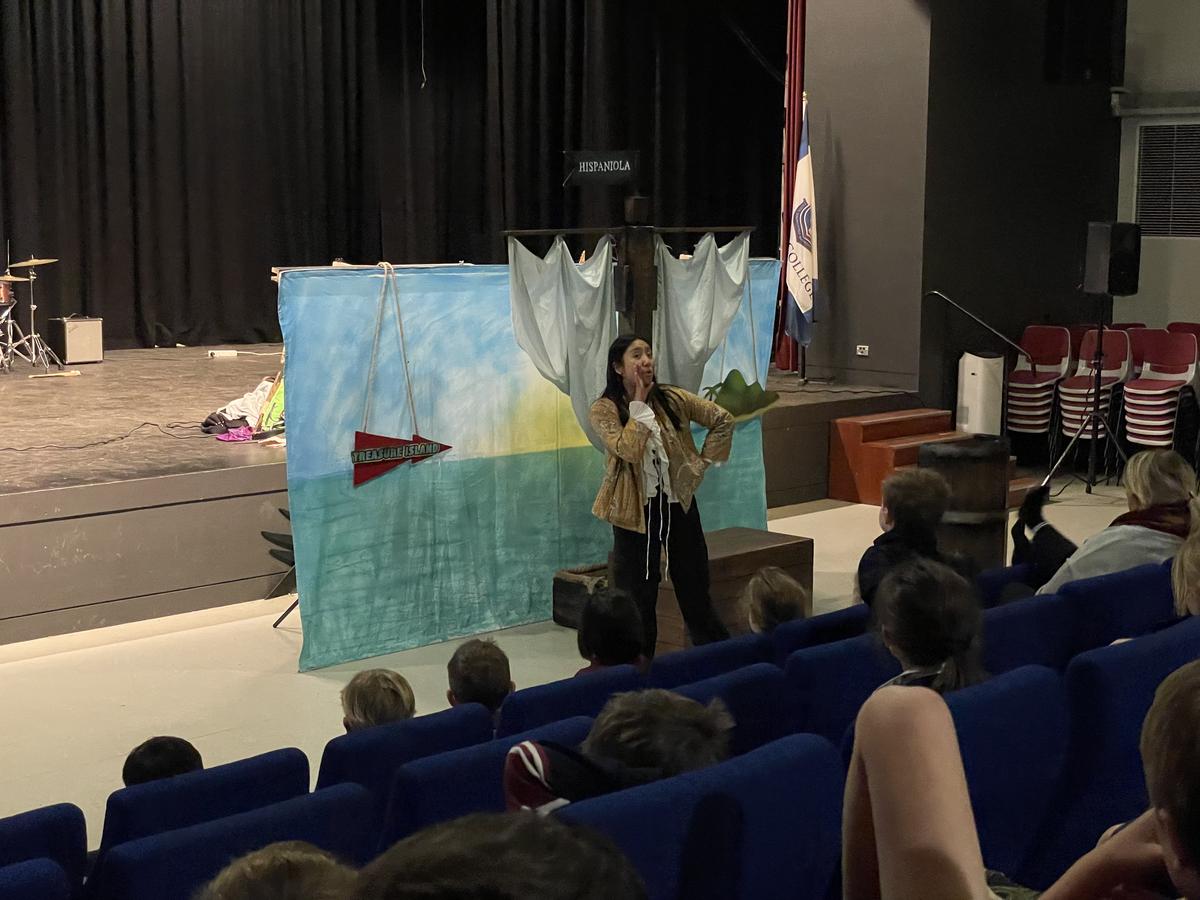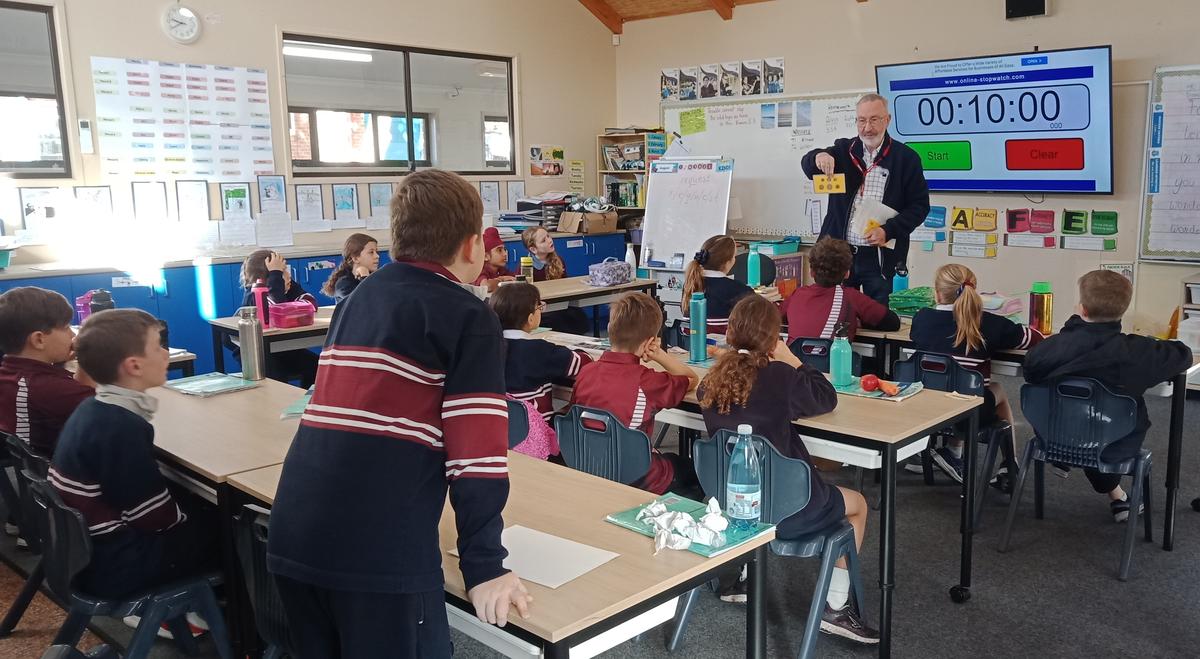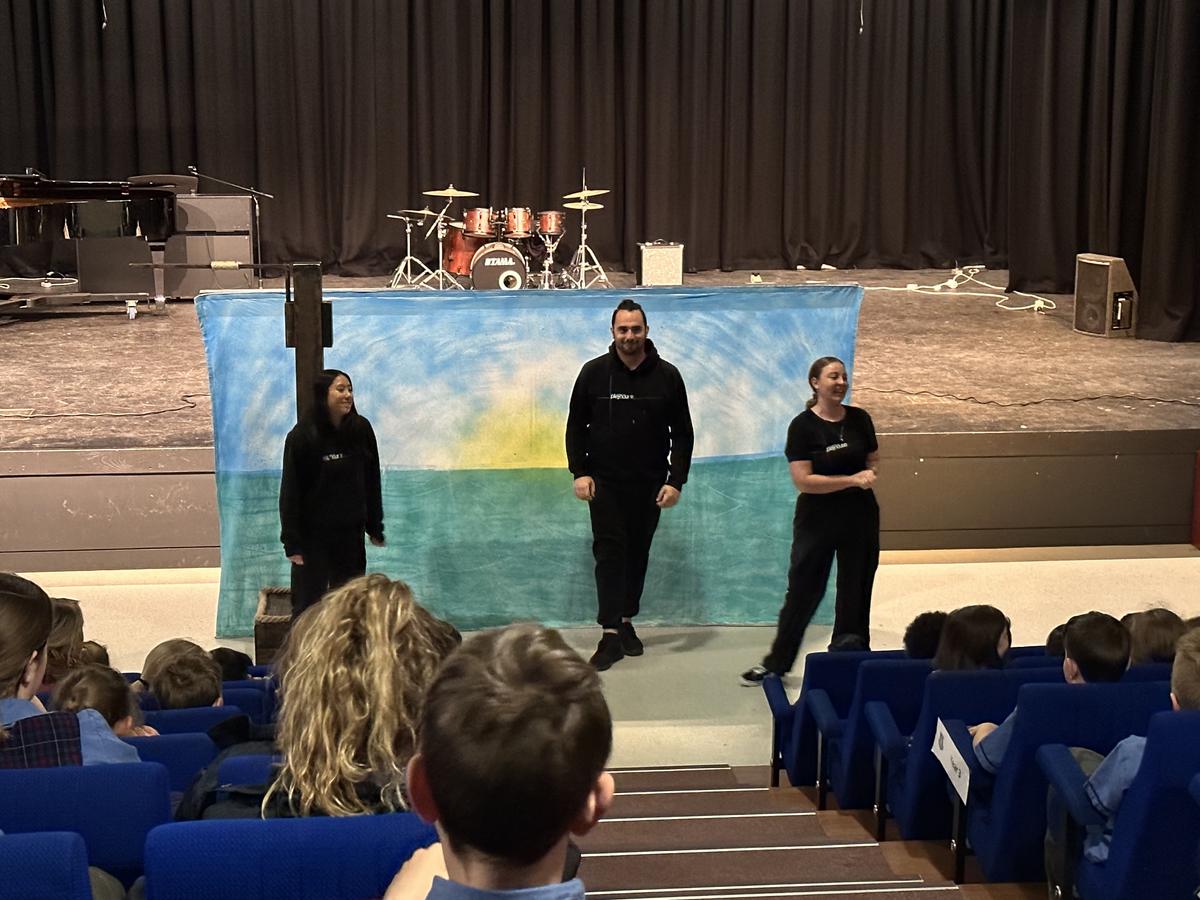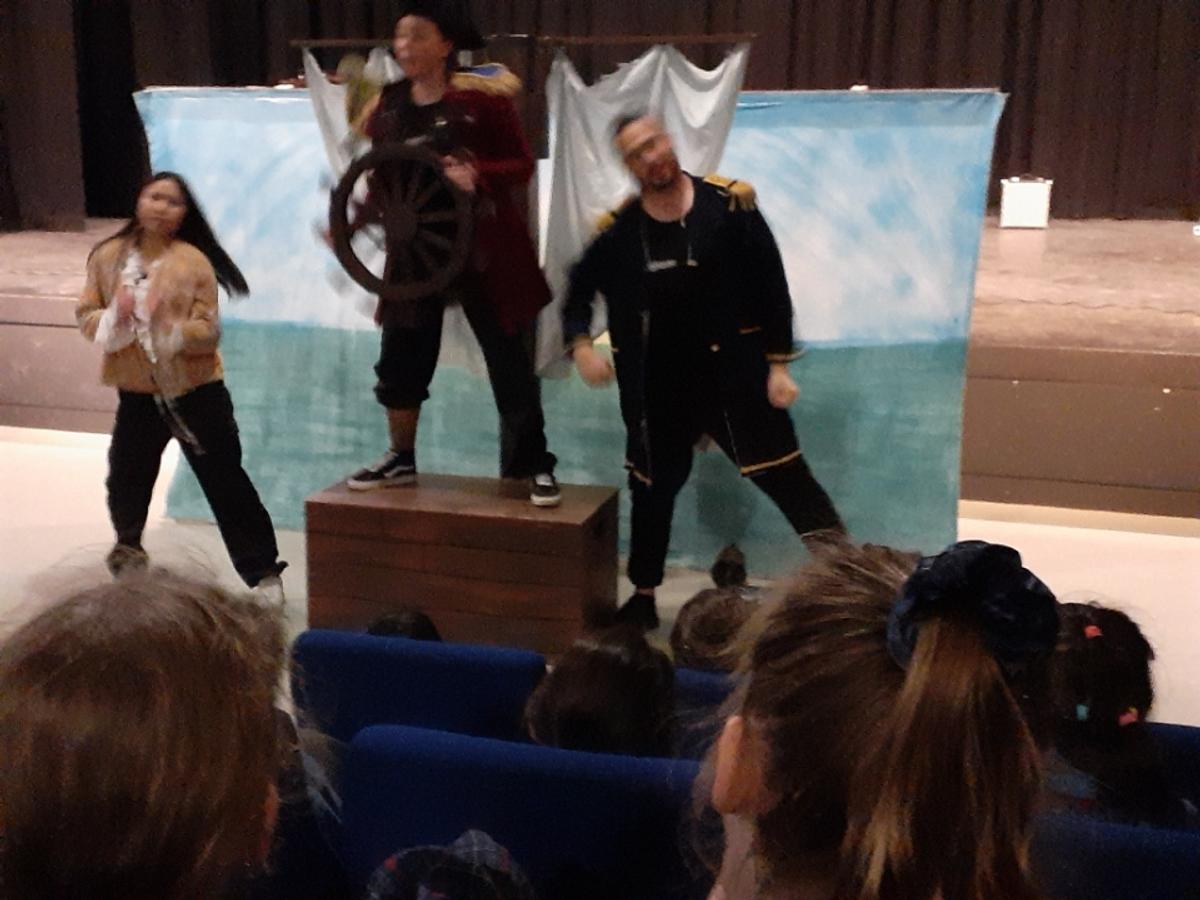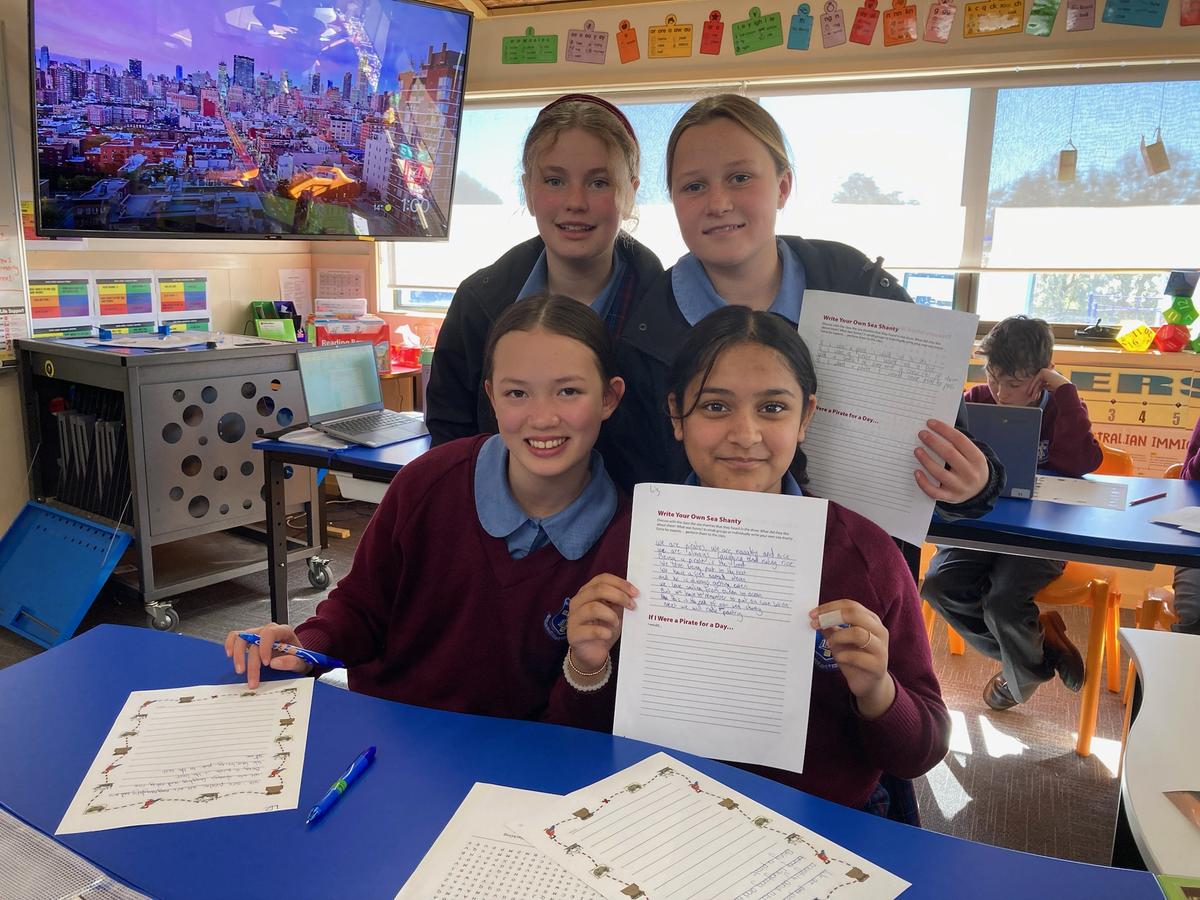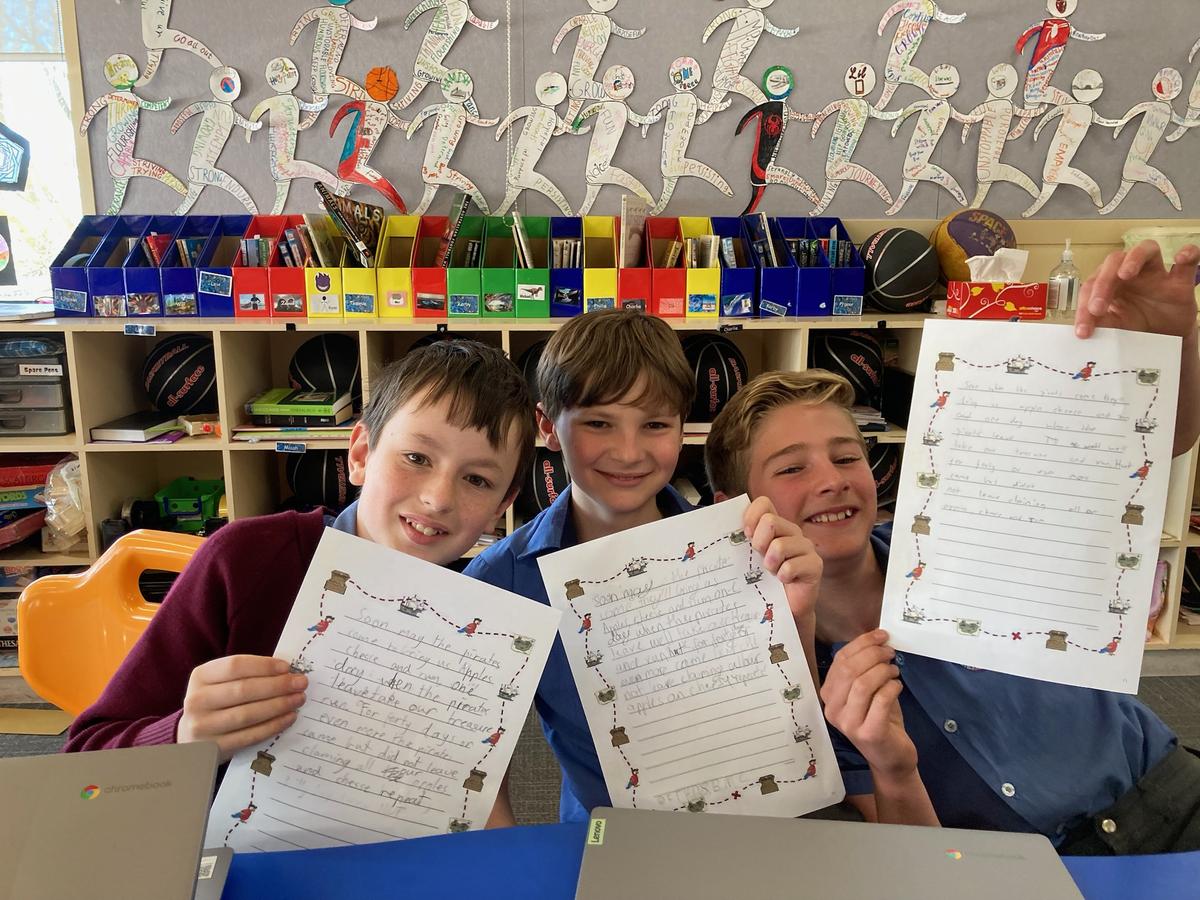Junior School

Literacy Development
As students begin their schooling experience one of the most exciting things to see is their literacy skills develop. There is a large amount of research behind the most effective way to help students develop these skills and this year we have made a move to incorporate more evidence and research based practices and resources into our classrooms. One of these has been using Promoting Literacy Development (PLD) resources which focus on literacy, oral language and movement and have been developed by experienced teachers, speech pathologists and occupational therapists.
Our Prep students have been learning to recognise common letter patterns with flashcards, manipulate sounds to make words, sound out and blend letters together to make words and are making fantastic progress in learning to read. To support this, we have also invested in a large number of decodable readers which will begin to come home this week. Being able to practice with decodable readers at their level helps to reinforce the skills they are learning in the classroom and helps them to learn that reading is about learning to quickly sound out and blend the sounds together to make a word and not through memorisation. Having said that, some words like "was" we call a heart word, as it does need to be memorised by heart as it can not be sounded out. Classroom teachers are beginning to implement this part of PLD also into the classroom lessons and it is great to see students understanding the difference between words that you can sound out and words that you cannot.
It has been wonderful to see the progress students are making in the other year levels too and to see their literacy skills in reading, writing and spelling improving as they learn from resources that are backed by research and evidence. There have been many advantages to using PLD for spelling as it has many supports built into it that allow students to work at their level. It also has visual and motor cues built into learning the spelling patterns as they are linked to dictation passages. Students are also given opportunity to transfer what they are learning into their writing.
While all these resources and research have been impressive, as I see students learning to read I'm reminded of the amazing way that God has created us with the ability we have to learn new things and to build on them. One of the most special things about learning how to read is you can then access the Bible and get to know God through reading his Word. What a great motivation that is for all of us to help and support those in our care to begin and continue the journey of learning how to read.
The more you know about the practices and resources we are using, the more you will be able to support your child so I am very keen to offer some opportunities for parents to find out more. I have organised some day time information sessions but I know that doesn't work for all, so there will be some Zoom sessions offered in the next couple of weeks and information about that will be communicated soon. I hope this has given you a brief insight into the direction we are heading and sparked your interest to learn more.
Carin Wills
Head of Teaching & Learning
Year 2
Over the past two weeks, the Year 2's have revised different writing styles such as descriptions and information reports. The class did an amazing job with their information reports; they chose an animal, researched it, then wrote an information report and created the animal's habitat.
NZ Playhouse also visited King's College this week to perform their production of Treasure Island. The Year 2's loved the show and had a great laugh. Some of the Year 2's highlights from the show included the songs, lightsaber/sword fight and "Apples and Cheese"!
Alissa Griffin
Year 2 Teacher
Year 3
The Year 3 class received a special visitor Thursday morning. Eva's grandpa, Mr Philpot, shared his coin collection with the class. He taught us that in 1966, Australia changed to the decimal monetary system we have today. Before that, pounds, shillings and pence were used. It was a complicated system as 12 pence equaled 1 shilling and 20 shillings equaled 1 pound. We had a go at adding up different sums with the old system and did well! It was really interesting to see how coins have changed over the years.
"There was a lot of coins and I want the Vegemite coin he brought" - Nirvair
"Some coins were really really really shiny, some were medium and some weren't shiny at all" - Jesse
"Back in his day there were pence and pounds and stuff. Now we have cents and dollars" - William
"There were all different sizes and shapes" - Evelyn
"Some were dirty, kind of" - Gabriela
"Some had silver in them" - Jemimah
Also this week, Year 3 joined in with the rest of the Junior School students to watch NZ Playhouse perform Treasure Island.
Carolyn McDonald & Christine Burford
Year 3 Teachers
Year 6
On Wednesday, the Junior School watched a play by NZ Playhouse called Treasure Island, a story about people setting out to look for buried treasure that previously belonged to Pirates. I really liked the creativeness of the play, how one person played ten different people as well as all their cool costumes and the funny bits. Afterwards we engaged in several activities. One of those activities included writing a sea shanty, which is a song sung at sea that is related to Pirate life. Our sea shanties were funny and silly. We had Fish that kept being eaten, we were drinking Ginger Beer, and there was lots of cheering.
Breanna A & Lily B
Year 6 Students
